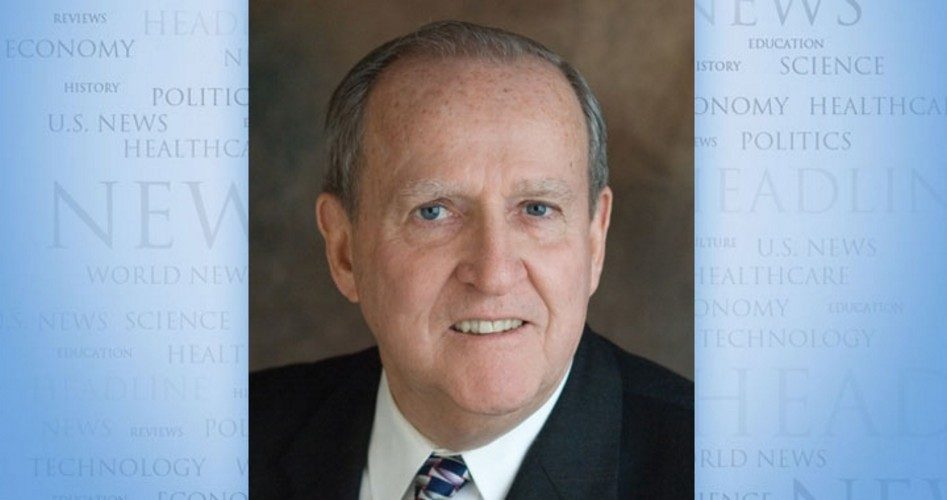
After the shooting stopped in World War I, the American Legion and local citizens of Bladensburg, Maryland, erected a monument to honor the memory of 49 residents of their county who perished during the war. Leaders of the post-war effort included numerous Gold Star Mothers whose sons were among those who gave their lives during the struggle that ended in an armistice on November 11, 1918, 100 years ago.
By 1925, the effort culminated in the erection of cross-shaped 490-foot tall structure. Long known as the “Peace Cross,” it stands on land owned by a government agency created by the state of Maryland. Its existence is now being challenged by the American Humanist Association.
In 2014, three area residents joined with the Humanists in a suit targeting the city’s Park and Planning Commission and the American Legion. According to Sarah Henry, a spokesperson for the America Humanist Society, the monument “demonstrates or gives the impression that Bladensburg is some kind of Christian enclave.” She added that the District of Columbia suburb where the monument stands in not such an enclave because “there are non-Christian members of the community.” Neither she nor the current supporters of the Peace Cross indicated the religious preferences of the men who perished 100 years ago. But even if all were so identified, the Humanists would still seek to alter or tear down the structure. Nor has there been any complaint about the unique statue’s shape of a cross since it was erected more than 90 years ago.
Speaking for the Humanists, Henry complained that the Cross “is an exclusively Christian monument.” Without any evidence to back her comment, she insisted that it “venerates Christian soldiers exclusively and excludes non-Christian soldiers.” Part of her complaint, therefore, is the suggestion that exclusion of non-Christians was a calculated act of the monument’s sponsors. The Humanists claim the existence of a requirement that all levels of government refrain from endorsing or favoring a particular religion.
Only a few years ago, a Maryland lower court ruled against the claim of the Humanists. But in 2017, a three-judge panel of the U.S. Court of Appeals overruled that decision by 2 to 1. Appeals Court Judge Stephanie Tucker, an Obama appointee as was her agreeing colleague, stated that the basis of their ruling centered on the fact that a cross is “the core symbol of Christianity” and, therefore, it had violated the need for a “wall between Church and State” when standing on government- managed property.
This Appeals Court ruling is based on the supposed need for a “wall between Church and State.” That phrase is a capsulizing of a portion of the First Amendment. Its use has become a regular argument of non-religious Americans. But their favorite phrase is a distortion of what appears in the Amendment where one can read a ban against “respecting an establishment of religion.” What the nation’s Founders meant by the wording they chose is that there never be a nationally adopted religion. They never expected that their carefully expressed prohibition against the naming of any particular religion as the nation’s official faith would lead to what today’s Humanists seek.
Earlier this month, the U.S. Supreme Court agreed to hear the case. Many Americans will be watching how newly appointed Justices Gorsuch and Kavanaugh will vote. Should the ruling favor the Humanists, not just the Bladensburg Cross but thousands of similar religion-based expressions — not just statues but paintings, music, names of structures, and more — will have to be banned, altered, or destroyed. Without doubt, the Humanists are determined to denigrate, even erase religion from our country.
The Supreme Court ought to rely not only on the real meaning of the First Amendment given above. They ought to factor in the four references to God in the Declaration of Independence. It refers to “Nature’s God,” mankind’s “Creator,” “the Supreme Judge of the world,” and “Divine Providence.” Will the Declaration stand? If Bladensburg’s Peace Cross doesn’t survive, the very basis of our nation’s founding will be undermined.
John F. McManus is president emeritus of The John Birch Society.

